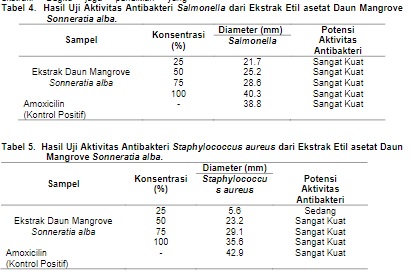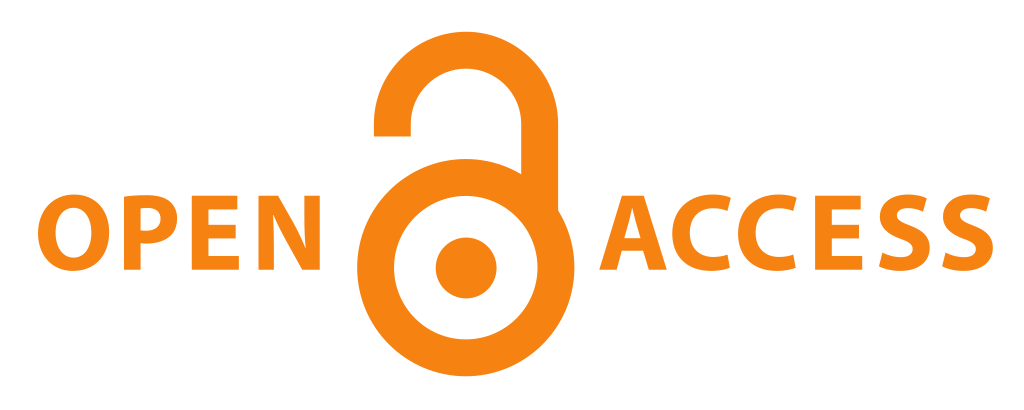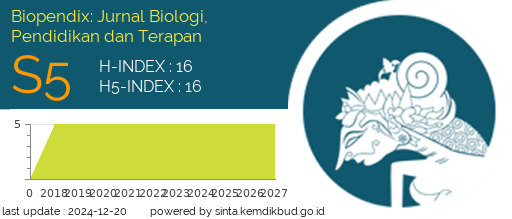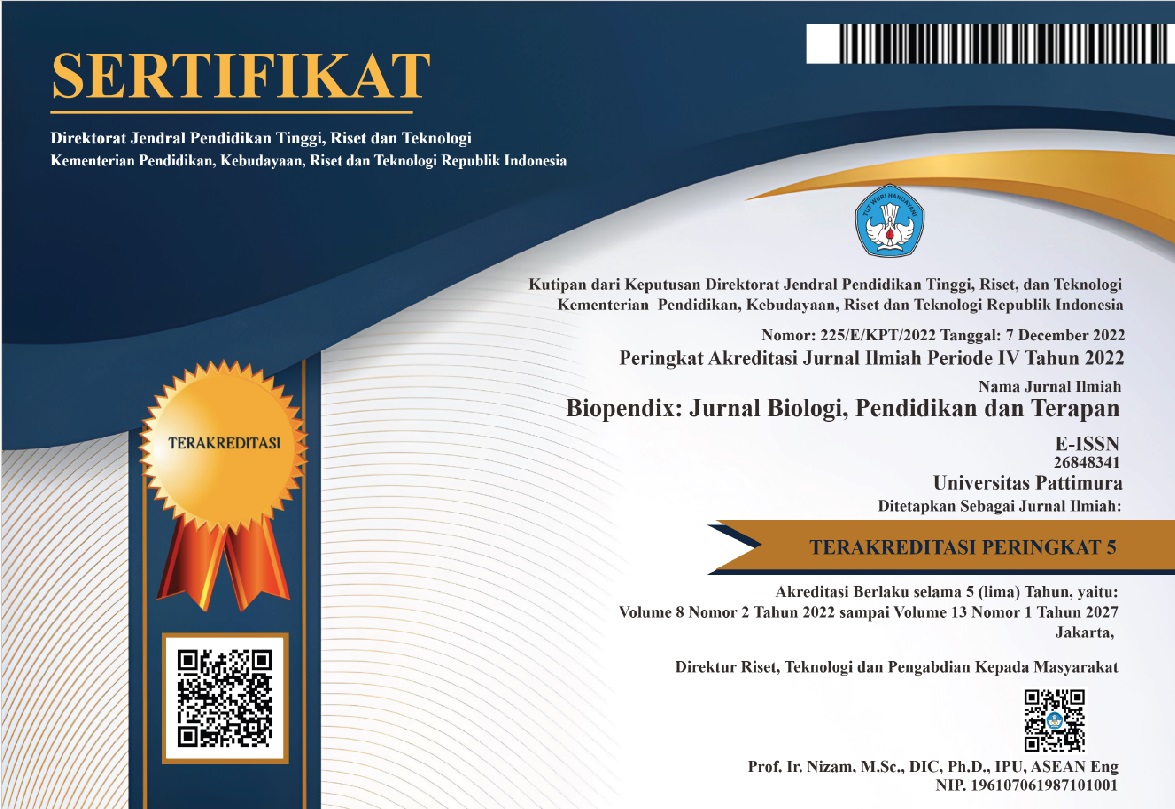POTENSI EKSTRAK DAUN MANGROVE (Sonneratia alba) SEBAGAI ANTIBAKTERI TERHADAP Salmonella, Staphylococcus aureus, DAN Escherichia coli
Abstract
Background: Indonesia's food industry is growing well, both in the types and variations of food products as well as in the
volume and quality of its production, however this growth have to deal with the challenge of chemical abuse that
endangers public health. Therefore it is need to attempt alternative ways which engage natural ingredients for the
process of preservation, one of them is the utilization of mangrove leaf. This study aims to understand the activity of
mangrove leaf extract Sonneratia alba as an antibacterial agent, in which the type of solvent used is ethyl acetate solvent
(polar), methanol (semi-polar) and hexane (non-polar).
Method: Research methodology has extract samples from this leaves tread mangrove the process leaves preparasi
sample tread a horse, and the process of extracting and percent rendemen.Extraction done in maceration with weigh as
much as 50 grams tread dry leaves mangrove 150 ukuran ml methanol solvent, heksan and ethyl acetate.
Result: The research results obtained extracts mangrove leaves as an antibacterial activity sonneratia alba having good
bacteria gram positive or negative grams and the secondary these compound which is found in extract terpenoid
sonneratia alba is , and tannin saponin.
Conclusion: The extract best obtained from the use of these three solvent is of an extract with a solvent ethyl acetate (
spring polar ) having effectiveness as an antibacterial.
Downloads

Authors who publish with this Journal agree to the following terms:
- Author retain copyright and grant the journal right of first publication with the work simultaneously licensed under a creative commons attribution license that allow others to share the work within an acknowledgement of the work’s authorship and initial publication of this journal.
- Authors are able to enter into separate, additional contractual arrangement for the non-exclusive distribution of the journal’s published version of the work (e.g. acknowledgement of its initial publication in this journal).
- Authors are permitted and encouraged to post their work online (e.g. in institutional repositories or on their websites) prior to and during the submission process, as it can lead to productive exchanges, as well as earlier and greater citation of published works




 2
2






